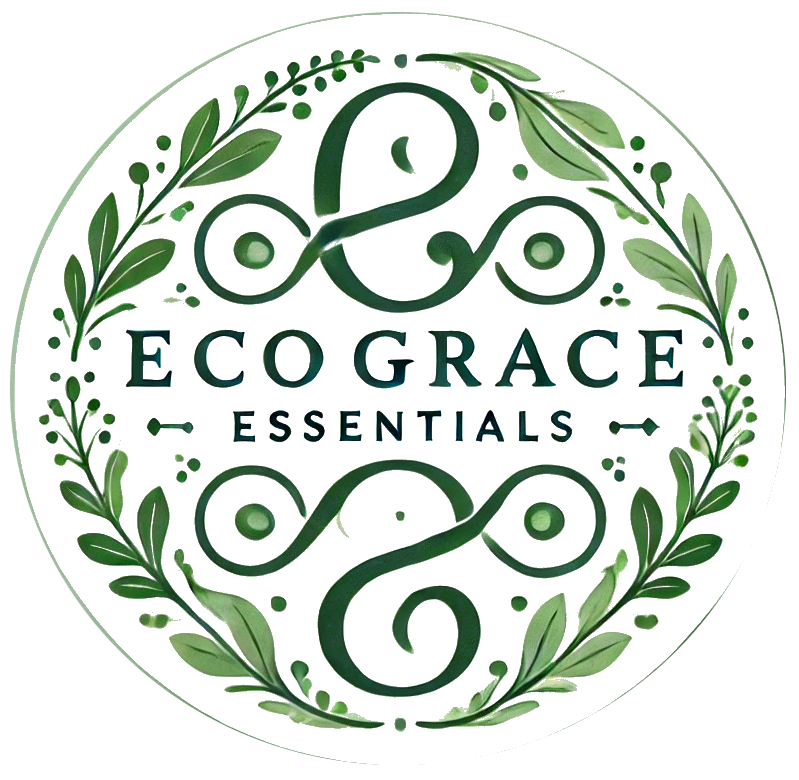Reusable Products for a Greener World: It’s About the Bigger Picture

Our daily lives are drowning in single-use items—plastic bags, paper towels, coffee cups, and more. These wasteful products are devastating our planet. But there’s a simple, life-changing solution: switching to reusable products. In this article, we’ll explore how making small but meaningful changes—like using reusable food wraps, water bottles, bamboo toothbrushes, and safety razors—can have a massive impact on reducing waste and protecting our environment.
Plus, you’ll see how these simple swaps can also save you money and fuel a sustainable economy. Ready to make a real difference? Let’s dive in and discover how these choices can transform your life and the future of our planet.The Real Impact of Reusable Products
Why Should You Care About Reusable Products?
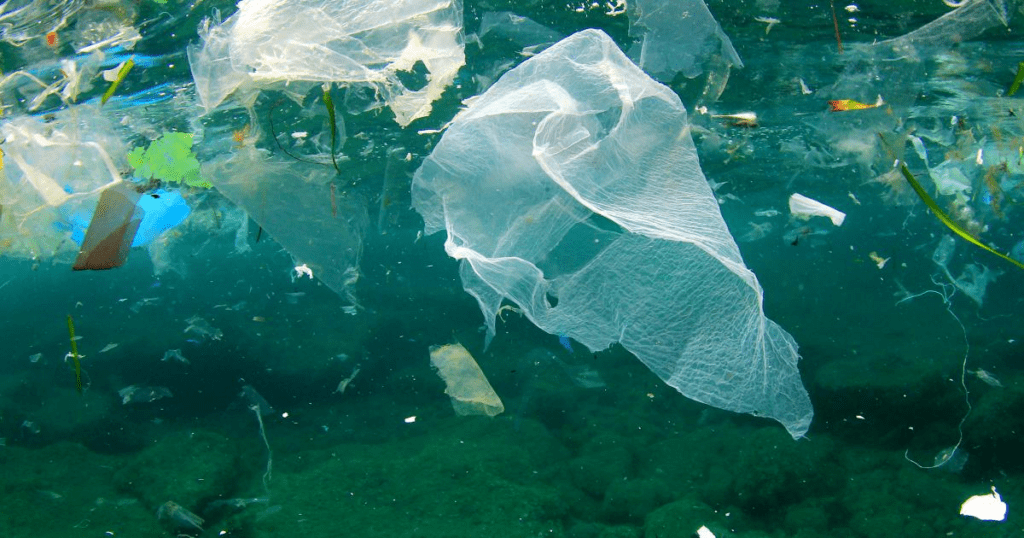
When people think of reusable products, they usually imagine a nice coffee cup or a grocery tote. But using reusables is about transformative choices that not only help the planet but also simplify your life. We live in a world filled with plastic, and it’s becoming a serious problem. One simple change, like switching to reusable items, can have a huge impact on the environment.
Let’s face it—throwing away stuff is easy. But just because we don’t see where that trash goes doesn’t mean it disappears. Most of it ends up in landfills or the ocean, where it sticks around for hundreds of years. Plastic doesn’t just break down. It turns into microplastics that harm wildlife and sneak into the food and water we consume.
By choosing reusable products, you’re helping to cut down the amount of trash that builds up every day. You’re not just helping the planet, though. You’re also helping yourself by saving money and avoiding harmful chemicals in single-use plastics. Let’s dive into how this small change makes a big difference.
Plastic – A Growing Problem
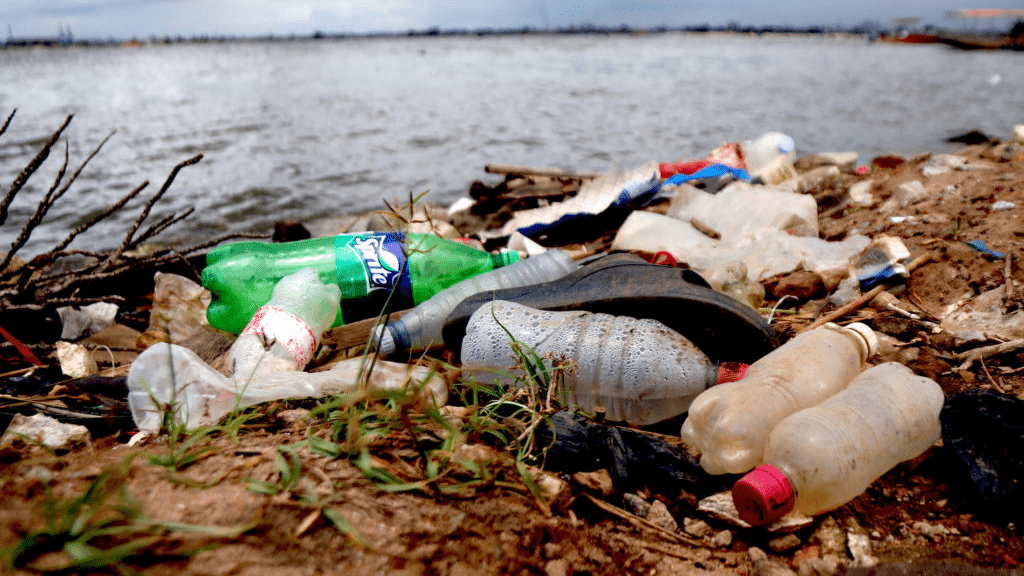
Every year, we throw away billions of plastic products that will take hundreds (sometimes thousands) of years to break down. Check out these numbers:
- 5 trillion plastic bags are produced every year, and they take anywhere from 10 to 1,000 years to decompose.
- The world uses 500 billion plastic bottles annually, and each one can stick around for about 450 years.
- In the U.S. alone, 500 million straws are used every day, and they take about 200 years to break down.
That’s just the beginning. Every year, more than 8 million tons of plastic waste ends up in the ocean, and it’s growing. Choosing reusable products is one of the easiest ways to start shrinking this problem. Sure, switching to reusable straws, bags, and cups is a great start, but there’s a lot more you can do. Let’s look at some other everyday items you can swap out for reusable ones that make a real difference.
1. Reusable Food Wraps and Containers
You’ve probably seen beeswax wraps in stores. These are natural alternatives to plastic wrap and are perfect for wrapping sandwiches, covering bowls, or keeping fruits and veggies fresh. Unlike plastic wrap, beeswax wraps can be reused hundreds of times and are compostable when they wear out.
Pair this with glass or stainless steel containers, and you’ve just made a huge dent in your household waste. Plastic containers often break down and leach harmful chemicals into your food, especially when they’re heated. Glass and stainless steel don’t have that problem and last for years.
2. Water Bottles and Filters
A reusable water bottle is probably one of the easiest switches you can make. With brands offering stainless steel, glass, and even bamboo bottles, there are so many options that suit your style and needs. But let’s not stop there. Pair your reusable bottle with a water filter.
Instead of buying cases of bottled water, which are harmful to both the planet and your wallet, consider using an at-home water filter. These systems, whether pitcher-based or installed directly to your tap, make it easy to get fresh, clean water without the waste. You’ll save hundreds of dollars every year and keep all that plastic out of the landfill.

3. Reusable Coffee Filters
If you’re a daily coffee drinker, you’re probably using single-use paper filters or coffee pods. Both create unnecessary waste. By switching to reusable steel or cloth coffee filters, you’re cutting down on waste while still getting your caffeine fix. Plus, reusable coffee pods are available for most machines, so you can keep your morning routine going without the guilt.
4. Cloth Napkins and Towels
Paper towels and napkins may be convenient, but they’re also a huge waste. Think about how many paper towels or napkins you go through in a week. Now, imagine replacing them with reusable cloth napkins and towels. You can use them again and again, they’re easy to wash, and they add a little class to your kitchen.
Plus, cloth towels are way more absorbent than paper, so you’ll end up using less overall. Many people who make the switch find they hardly ever need paper towels again.
5. Menstrual Cups and Cloth Pads
For people who menstruate, the average lifetime use of tampons and pads is staggering. In the U.S. alone, over 12 billion pads and 7 billion tampons are used every year. These products come wrapped in plastic and contain non-biodegradable materials, adding to the waste problem.
Reusable menstrual cups and cloth pads are a sustainable alternative. They’re safe, eco-friendly, and last for years. Not only do they reduce waste, but they also save you a lot of money in the long run.

6. Bamboo Toothbrushes
Most toothbrushes are made from plastic, and since dentists recommend changing them every three months, that’s a lot of plastic waste. By switching to a bamboo toothbrush, you’re cutting out the plastic. Bamboo is biodegradable and can be composted after you’ve used it. Even though the bristles might still be nylon (for now), this swap makes a huge difference in reducing plastic waste.
7. Reusable Razors
Disposable razors are convenient, but they’re a huge source of plastic waste. Safety razors or reusable razors with replaceable blades are a much better option. Not only do they look cool and have a long lifespan, but they also give you a closer shave and reduce skin irritation.
Switching to a safety razor means you’ll never have to buy disposable plastic razors again, and you’ll only need to replace the metal blades when they dull
8. Compost Bins for Food Waste
Okay, this one isn’t exactly a “reusable” product, but it’s an important part of reducing waste in your kitchen. Instead of throwing out food scraps, you can start composting them. Composting turns things like fruit peels, veggie scraps, and coffee grounds into nutrient-rich soil, perfect for your garden or houseplants.
You can keep a small compost bin in your kitchen or a larger one in the backyard. There are even compost pick-up services in some areas if you don’t have the space.
The Bigger Picture: Reusables and the Circular Economy
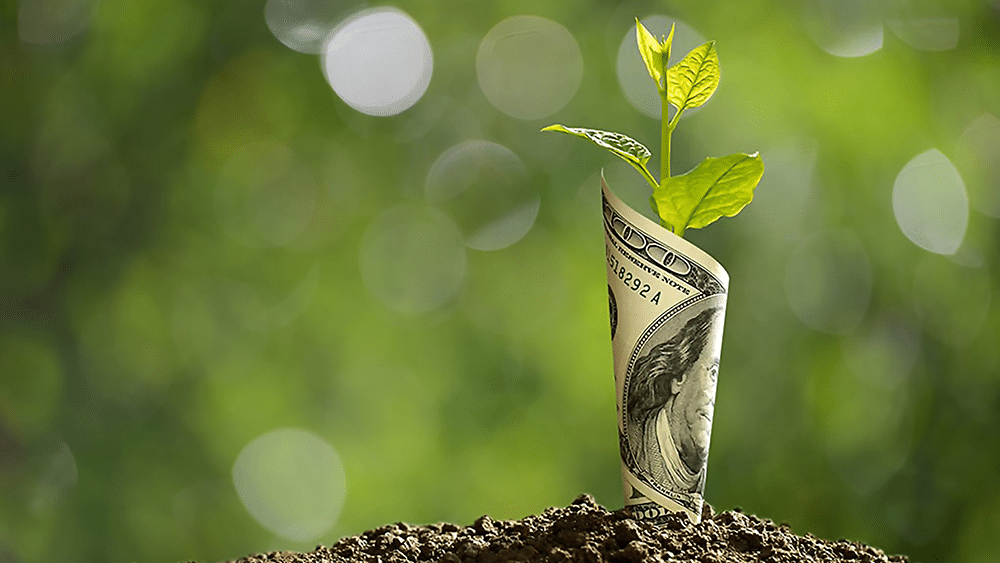
Reusable products are more than just personal conveniences. They’re part of a circular economy—a system where products are designed to be reused, repaired, or recycled. In contrast, the current model most of us follow is linear—we take resources, use them, and then toss them. This leads to an endless cycle of waste.
By choosing reusable products, you’re helping create a system where fewer resources are needed, and less waste is produced. Reusables fit perfectly into this idea because they’re made to last and reduce the demand for disposable goods.
How Consumers Can Lead the Way
You may not realize it, but as a consumer, you have the power to influence change. Every time you choose a reusable product over a disposable one, you’re sending a message. Companies pay attention to what people want, and when enough consumers choose sustainable options, businesses have to follow suit.
By making the switch, you’re not just helping the planet; you’re also creating demand for products that prioritize sustainability.
The Future of Reusable Products

As awareness around sustainability grows, the future of reusable products is more transformative, innovative, and exciting than ever. We’re witnessing breakthroughs in eco-friendly materials that are changing the way products are made and used. These materials are not only durable but also biodegradable and sourced sustainably, further contributing to a zero-waste lifestyle.
- Plant-Based Plastics: Made from renewable resources like corn starch, these plastics are designed to break down faster than traditional petroleum-based plastics and are making their way into food packaging and reusable containers.
- Pineapple Fiber Leather: Known as Piñatex, this is a sustainable alternative to leather made from the fibers of pineapple leaves. It’s being used for reusable bags, shoes, and even furniture, offering an ethical, eco-friendly replacement to traditional leather.
- Cork: Cork is a natural, renewable material that’s durable, waterproof, and biodegradable. It’s now being used in reusable products like coasters, yoga mats, and food containers, thanks to its versatility and sustainability.
- Wheat Straw: Wheat straw is the byproduct of harvested wheat and is being turned into biodegradable reusable cups, plates, and straws. It’s durable, lightweight, and compostable, making it a fantastic alternative to plastic.
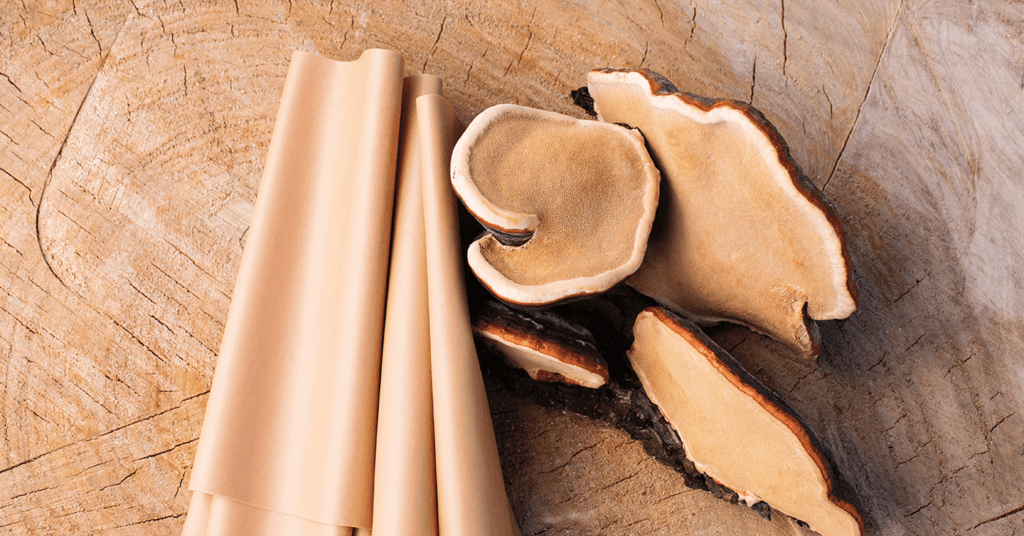
- Mushroom Leather: Also known as Mycelium Leather, this material is made from the root structure of mushrooms. It’s flexible, durable, and a promising replacement for animal leather in everything from fashion to reusable goods like wallets and bags.
- Bamboo: One of the fastest-growing plants, bamboo is being used for a wide range of reusable products like cutlery, toothbrushes, and storage containers. It’s renewable, biodegradable, and incredibly strong, making it ideal for eco-conscious consumers.
- Seaweed Packaging: Derived from algae, seaweed packaging is emerging as a sustainable alternative to plastic. It’s being used for single-use items like packaging wraps but holds promise for reusable designs as it’s biodegradable and abundant.
- Recycled Plastic: While the focus is on reducing plastic, recycled plastic is being used to create reusable products like water bottles, tote bags, and kitchen containers. It gives existing plastic a second life and reduces the demand for new plastic production.
These materials are not only eco-friendly but also drive innovation in the way we think about product design and sustainability. As governments push for single-use plastic bans and businesses adopt greener practices, the future of reusable products will continue to expand, offering environmentally-conscious alternatives that are stylish, functional, and sustainable. By choosing these materials, you’re supporting the future of sustainable living.
Final Thoughts on Reusable Products: Every Choice Counts
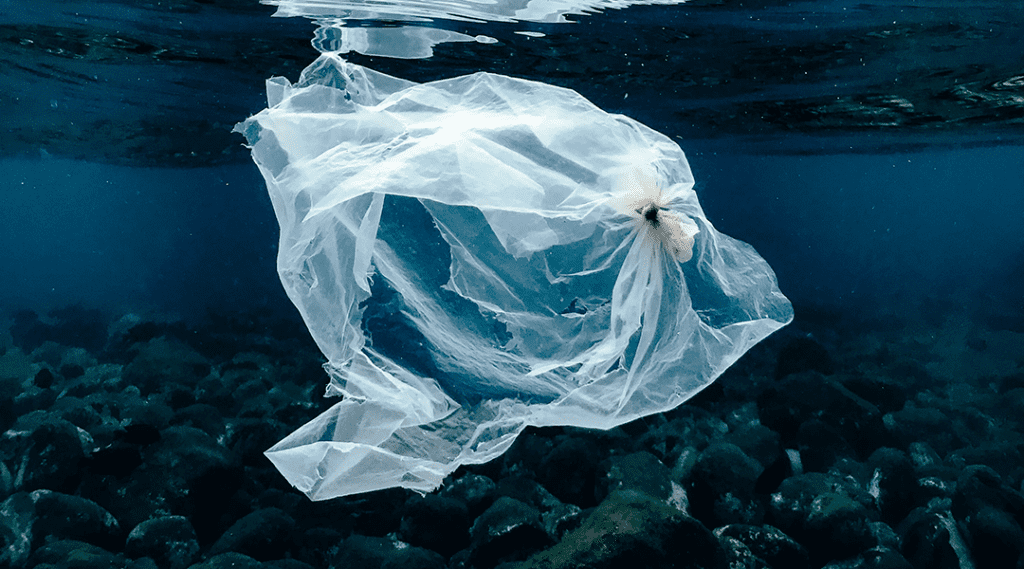
Switching to reusable products might seem like a small thing, but it’s one of the easiest ways to reduce your environmental impact. Whether it’s a simple swap like using a reusable water bottle or a bigger change like composting food waste, every choice you make matters. The great thing is that these changes also help you save money and make your life a little easier in the long run.
So, start small. Replace one disposable item with a reusable version and go from there. Before you know it, you’ll be living a more sustainable life and helping protect the planet for future generations.
